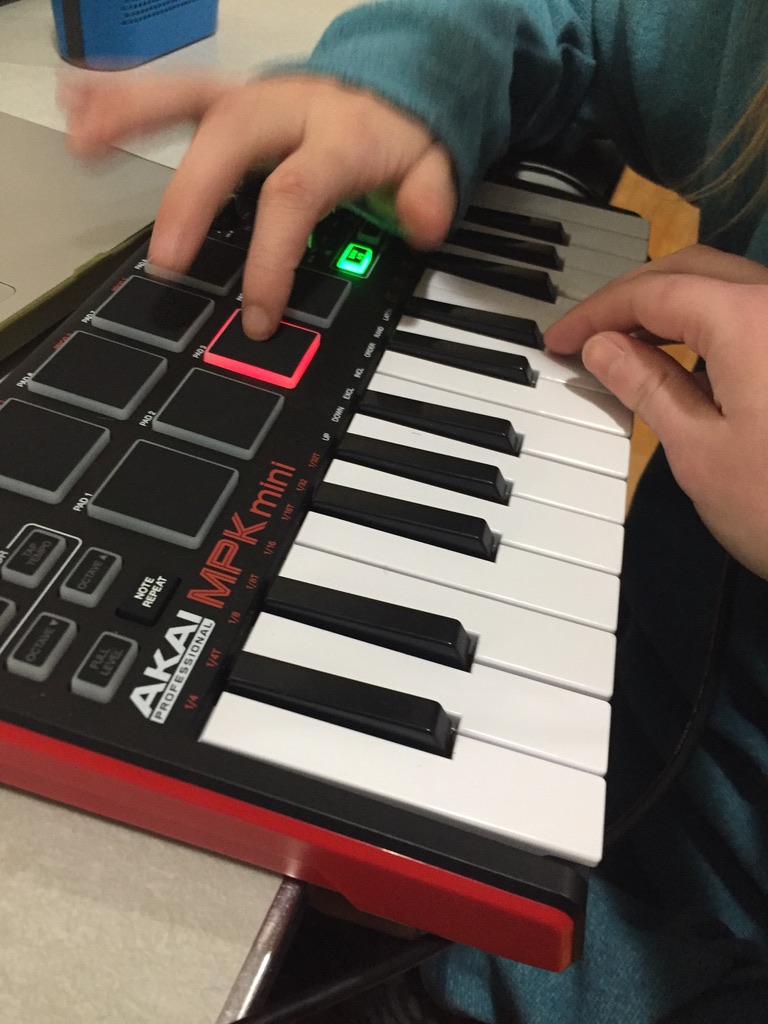Jessica Fletcher was recently quoted as an expert music therapist for parents.com articled titled “Are Lullabies Really Too Sad for Kids? This Toddler’s Reaction Strikes a Chord” by Hannah Nwoko. When asked why a toddler asks his mother to sing You are my Sunshine despite becoming emotional, Fletcher stated the following:
“Developmentally, younger children are most connected to simple melodies and rhythms that are culturally familiar, are interactive/participatory, and are easy to learn/repeat,” she explains. “Because we are so strongly tied to our experiences within our communities and cultures, these often shape our musical and creative associations. So, there is not a particular melody or song that scientifically can cause harm, make you happy or sad, etc.”

